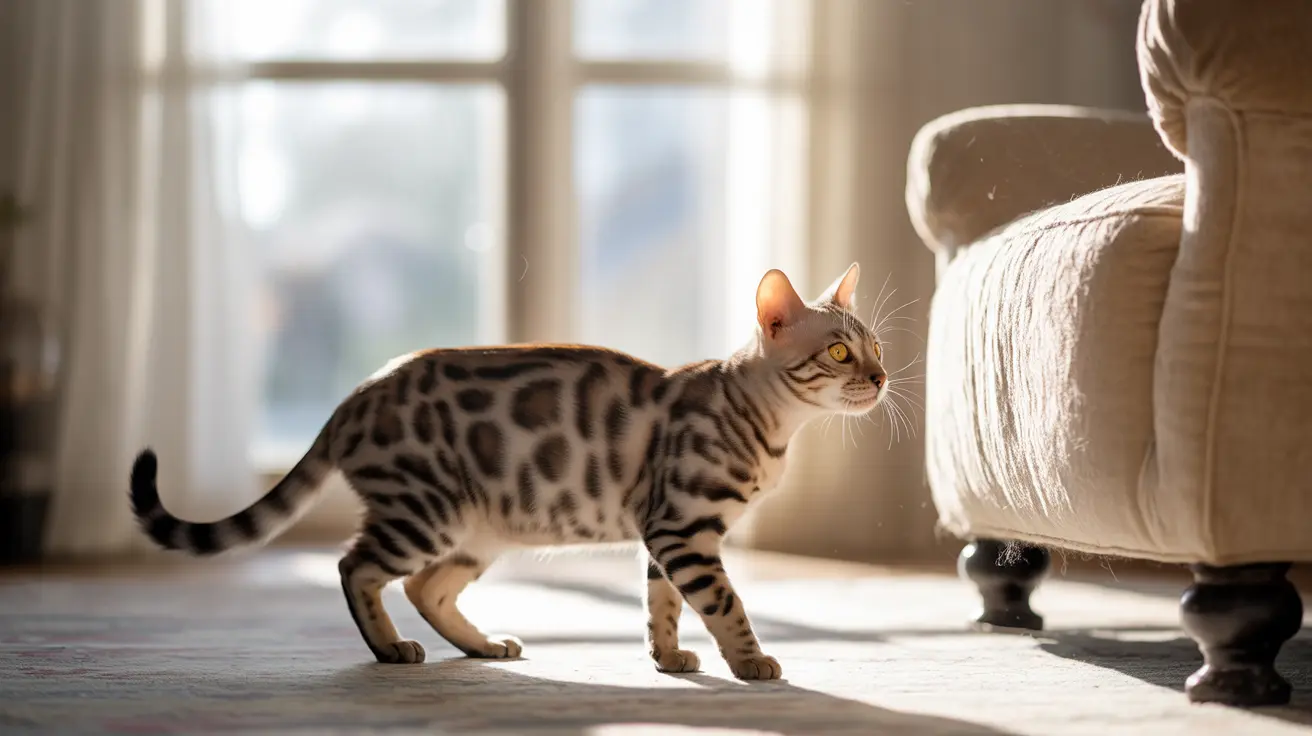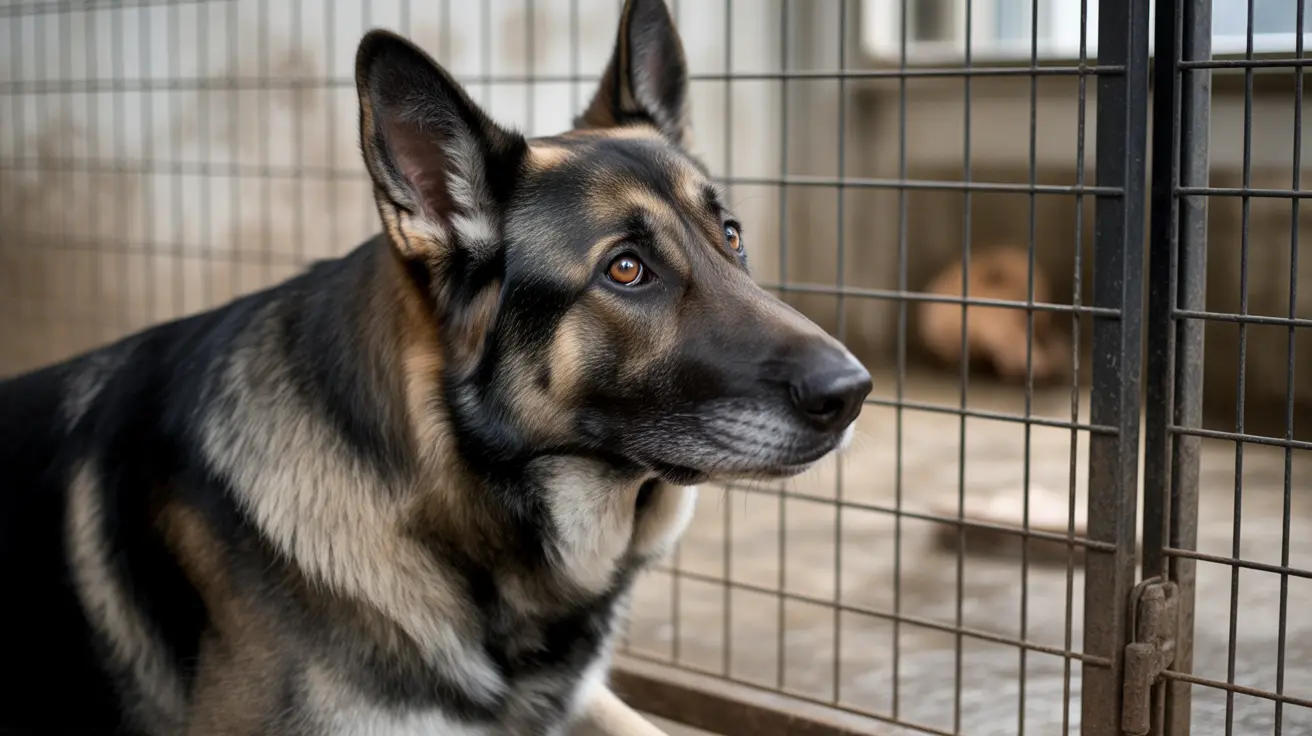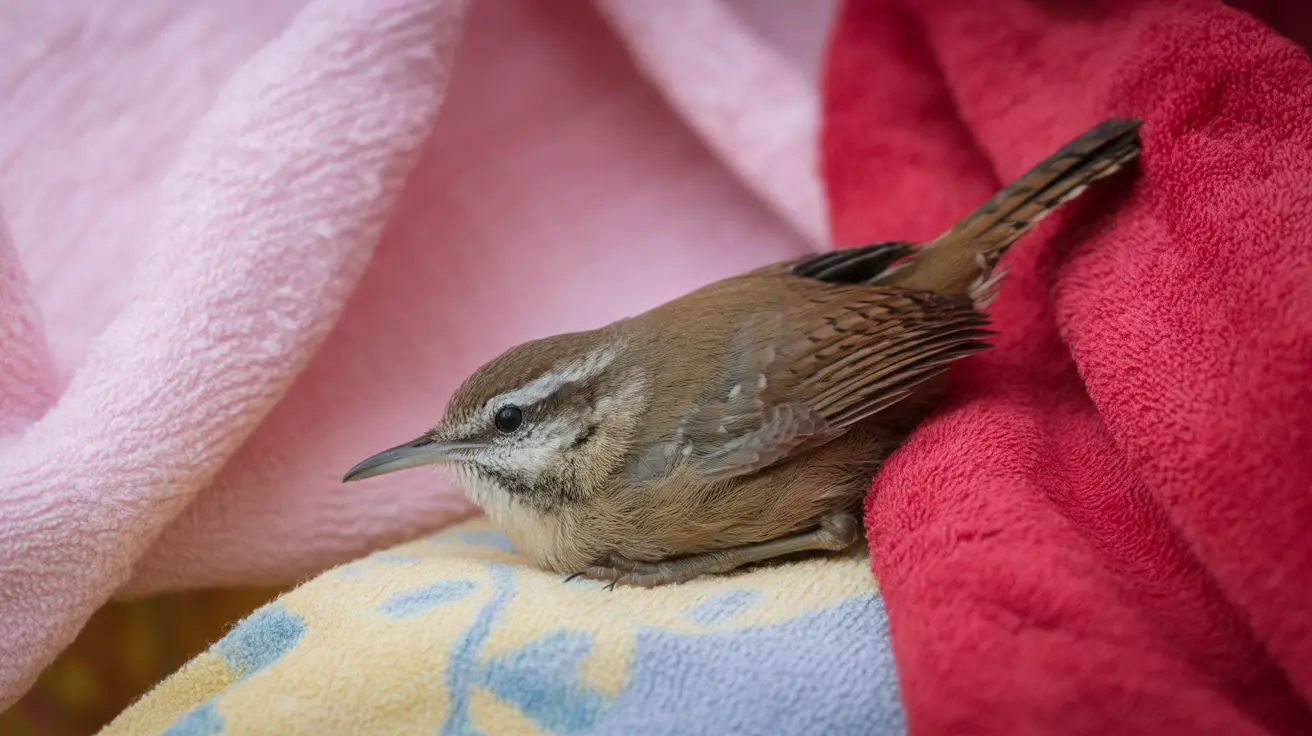When cats lose a companion – whether human or animal – they can experience profound grief that manifests in various behavioral and physical symptoms. Understanding these signs is crucial for pet parents to provide the support their feline friends need during the mourning process.
This comprehensive guide explores the common symptoms of grief in cats, helping you recognize when your pet is struggling with loss and offering expert guidance on supporting them through their bereavement journey.
Common Signs of Feline Grief
Physical and Behavioral Changes
Cats experiencing grief often display noticeable changes in their daily routines and physical behavior. Many grieving cats exhibit decreased appetite, with studies showing that up to 70% of bereaved cats may eat less than usual. Sleep patterns frequently become disrupted, with some cats sleeping excessively while others show signs of insomnia.
Physical manifestations can include:
- Lethargy and reduced activity levels
- Changes in grooming habits
- Visible signs of stress like excessive shedding
- Weight loss due to decreased appetite
Emotional and Social Symptoms
The emotional impact of loss on cats can be profound and manifest in various ways. Some cats become increasingly vocal, meowing more frequently or at unusual times, particularly at night. Others may become unusually quiet and withdrawn.
Common emotional indicators include:
- Increased neediness or clinginess with owners
- Social withdrawal and hiding
- Decreased interest in play and interaction
- Apparent depression or listlessness
The Search for Lost Companions
One of the most heartbreaking symptoms of cat grief is searching behavior. Cats may wander through the house, checking familiar spots where they used to find their lost companion. This behavior can persist for weeks or even months, with some cats repeatedly visiting their deceased friend's favorite locations.
Changes in Territory and Routine
Grieving cats often display changes in their territorial behaviors and daily routines. These might include:
- Marking new areas of the house
- Changes in litterbox habits
- Altered sleeping locations
- Different eating patterns or preferences
Supporting Your Grieving Cat
Providing appropriate support during this difficult time is essential. Maintain consistent daily routines while offering extra attention and comfort. Some cats benefit from new toys or environmental enrichment, while others need quiet spaces to process their loss.
Creating a Healing Environment
Focus on creating a stable, nurturing environment that allows your cat to grieve naturally:
- Keep feeding times and locations consistent
- Maintain familiar sleeping areas
- Provide quiet retreat spaces
- Consider using calming pheromone products
When to Seek Professional Help
While grief is natural, prolonged or severe symptoms may require veterinary intervention. Contact your vet if you notice:
- Sustained appetite loss lasting more than 48 hours
- Signs of depression lasting several weeks
- Self-destructive behaviors
- Severe changes in personality or aggression
Frequently Asked Questions
What are the common symptoms of grief in cats after losing a companion?
Common symptoms include changes in appetite, altered sleep patterns, increased vocalization or withdrawal, searching behaviors, and changes in daily routines. Some cats may become more clingy while others prefer solitude.
How can I tell if my cat is grieving or just showing illness-related behavior changes?
While grief and illness can share similar symptoms, grief-related changes often occur following a loss and may gradually improve with time. If symptoms are severe or persist beyond several weeks, consult a veterinarian to rule out medical issues.
How long does it usually take for a cat to recover from grief after the loss of a pet or family member?
Most cats begin showing signs of improvement within a few weeks, with complete recovery typically occurring within six months. However, every cat processes grief differently, and some may take longer to adjust.
What are the best ways to help a grieving cat cope with the loss of a companion?
Maintain consistent routines, provide extra attention and comfort, ensure access to quiet retreat spaces, and be patient with behavioral changes. Some cats may benefit from new toys or environmental enrichment activities.
Why does my cat sometimes vocalize or wander the house after losing a pet friend?
This searching behavior is a common grief response. Cats may vocalize and wander while looking for their lost companion, especially in locations where they used to spend time together.
Remember that grief is a natural process, and with patience, understanding, and appropriate support, most cats will gradually return to their normal selves. Stay attentive to your cat's needs during this challenging time, and don't hesitate to seek professional help if needed.






